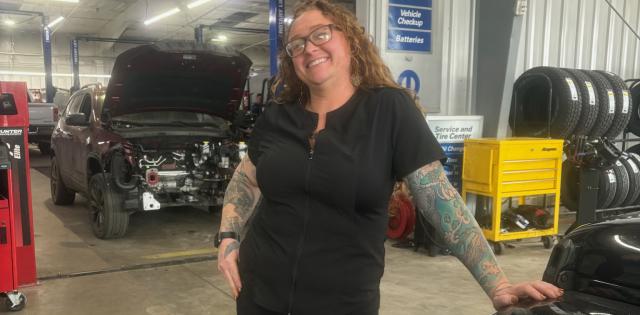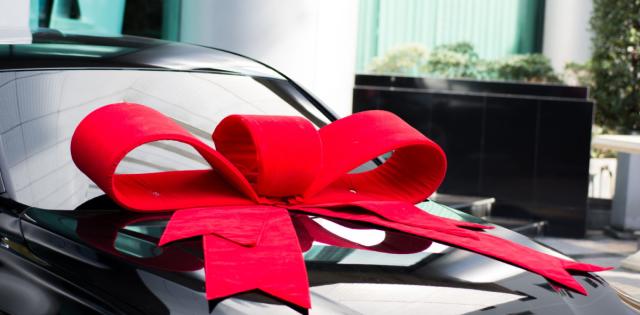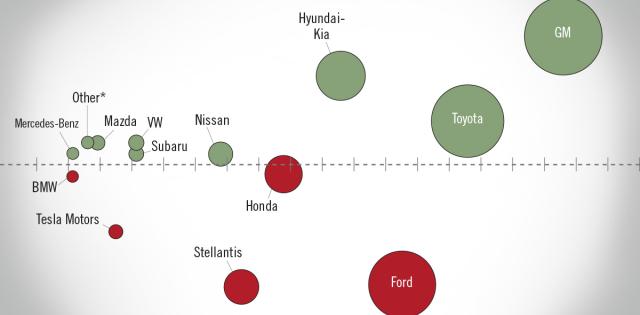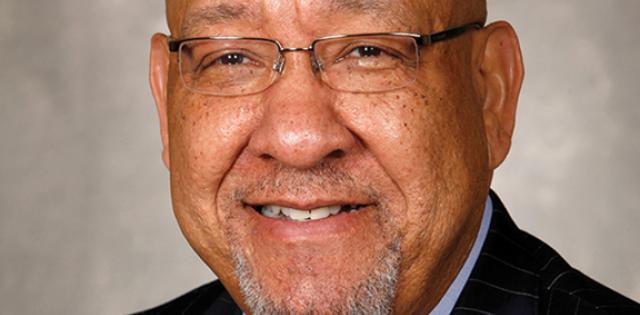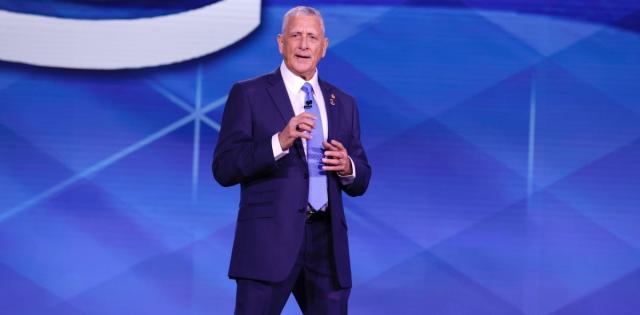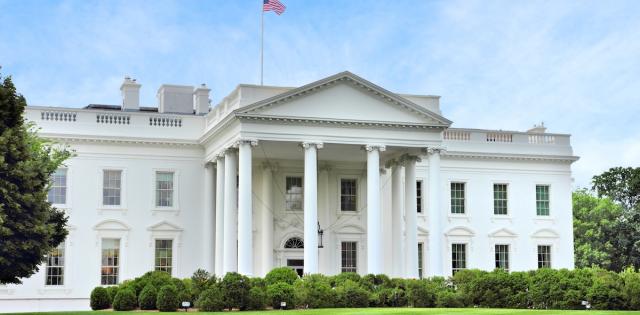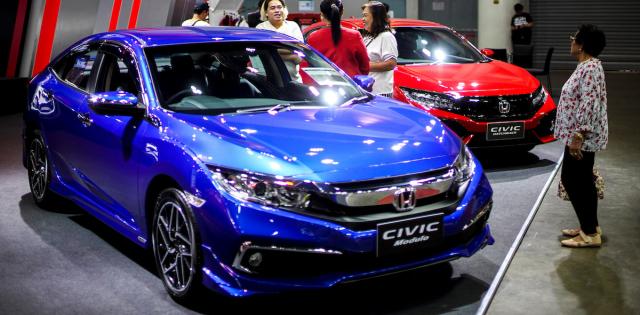Last month, I had the privilege of addressing the Automotive Press Association in Detroit. I told the leading journalists covering our industry that they have an important job to do: challenge every assertion they come across, especially as it relates to personal vehicle ownership, ride-hailing services, autonomous vehicles, and even electric vehicles. Because as dealers know directly from our own customers, personal vehicle ownership is not going away. Ever.
The past few years have been truly eye-opening for the global auto industry, as electric vehicles are now mainstream, vehicles with semi-autonomous features are currently on the road, and ride-hailing services are more popular than ever. But let’s not lose sight of the picture—the accurate picture—of how these entities will truly shape our landscape. I shared some critical facts with the press in hopes that it captures a more complete narrative for the retail auto industry. One of these facts is based on a AAA Foundation for Traffic Safety study, which found that the cost of relying on ride-hailing services as a primary mode of transportation—in 20 of the biggest metro areas in the U.S.—was at minimum more than twice as much as the cost of owning a personal vehicle. This is at odds with what Silicon Valley, mobility think tanks and Wall Street venture capitalists have been purporting. However, after looking at a quarter of a million economy-level, single-rider ride-hailing trips in these urban areas (the bulk of the trips that are being taken by real people), AAA found that the average cost of relying on these services as a primary mode of transportation was $20,118.
In comparison, the average annual cost to own and operate a new vehicle in these same urban areas—the only setting in which using ride-hailing services are a practical full-time transportation option—was $10,049. And that includes the cost of parking.
I urged the men and women of the press to take note of these enlightening stats, because they disprove one of the central pillars of the argument that people are going to stop buying cars. The truth is, it’s not cheaper to use ride-hailing services. And furthermore, dealers understand a cardinal truth about vehicle ownership: people equate it to personal freedom. The American car-buying public enjoy having the ability to go where they want, when they want. They value the freedom, flexibility, convenience and control that only owing their own car or truck can provide.
Another assertion I asked the press to challenge is that self-driving vehicles are immeasurably safer than humans behind the wheel. We don’t know if this is true, because there just isn’t enough data to prove it one way or the other. But we do have this data: there were 37,000 fatalities on the roads last year, and 94 percent of those fatal accidents were the result of human error. But Americans drove more than 3.2 trillion miles. So even with fatalities considered, those are not bad safety odds when humans are behind the wheel. Humans are phenomenal drivers.
This is just a small piece of the larger pie I served up in Detroit. (Read more about my speech.) Despite how our industry issues change and challenges arise, the reporting on our industry should be rooted in reality and facts. And the fact is that people will continue to purchase cars, and auto dealers will continue to serve the car-buying public for the next century to come.
Lutz is president of Extreme Dodge-Chrysler-Jeep-Ram in Jackson, Mich.




